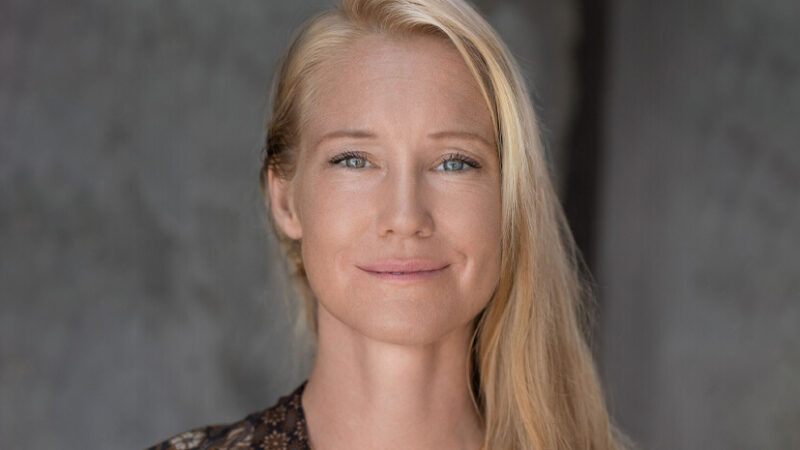Emilia Elisabet Lahti: Sisu: Embodying Gentle Power
How do we find the strength to keep going when it feels like there’s nothing left inside of us? The Finnish philosophy of sisu shows us a new way to look at power and perseverance—not as force and domination but as the harmonious expression of human character in everyday actions. In this podcast, Tami Simon speaks with Dr. Emilia Elisabet Lahti about her work leading the world’s first empirical research on sisu and her new book, Gentle Power: A Revolution in How We Think, Lead, and Succeed Using the Finnish Art of Sisu.
Give a listen to this inspiring discussion of the embodiment of internal fortitude and wisdom known as sisu; how adversity provides an opportunity for resiliency; post-traumatic growth and positive psychology; the difference between sisu and grit; the visceral, somatic nature of sisu; taking risks instead of giving in to fear of failure; experiencing an initiation into your own strength; life—an ultramarathon we’re all running; flexibility, reason, and the choice to be gentler on yourself; finding harmony between the hard and the soft; journaling your own stories of sisu; self-forgiveness; looking to the future with an action mindset; transforming challenges into the fuel to keep you going; tapping into the intelligence of your body; sisu, leadership, and being kind versus being nice; and why developing sisu is so important for humanity at this time.







